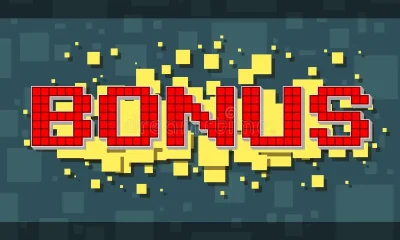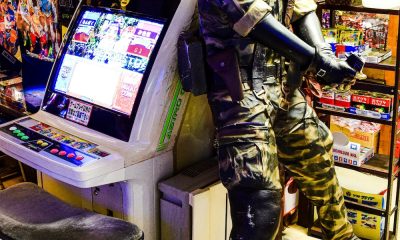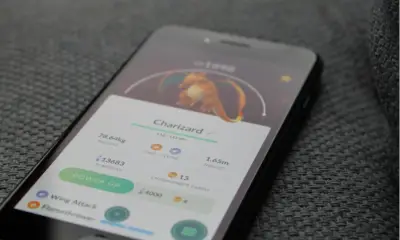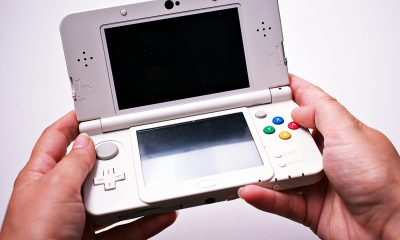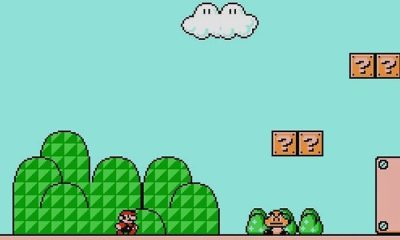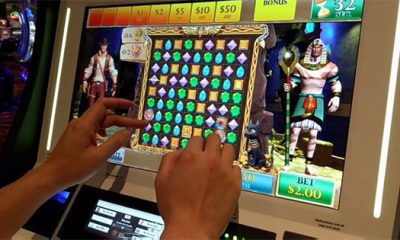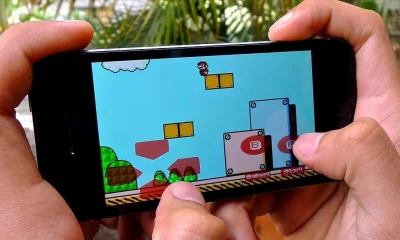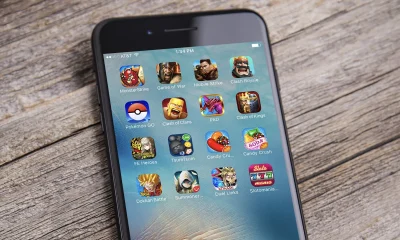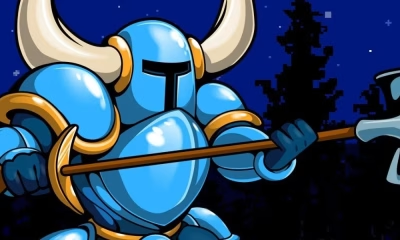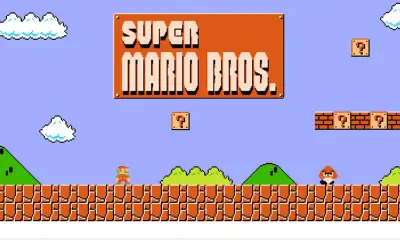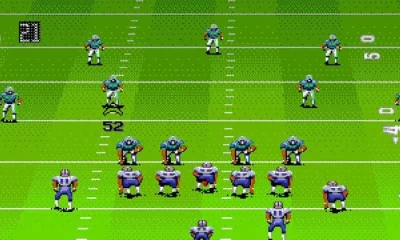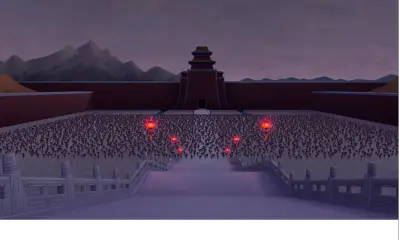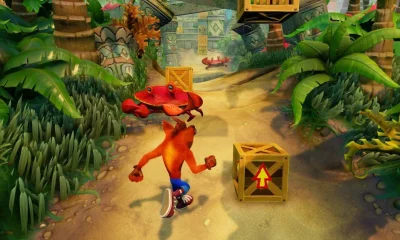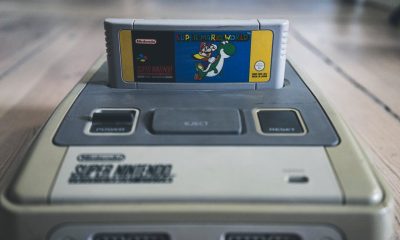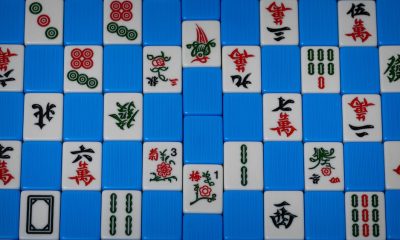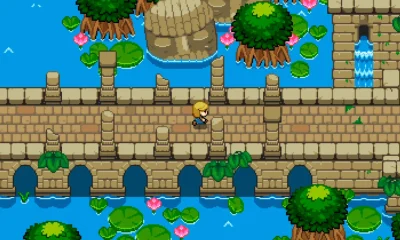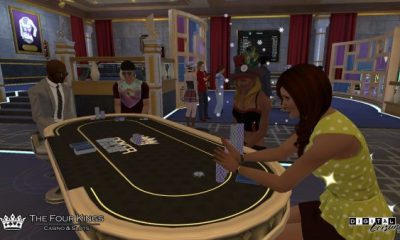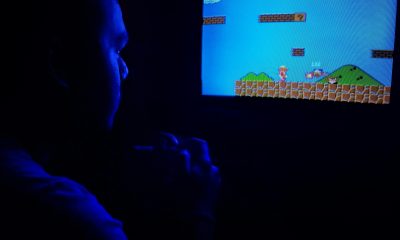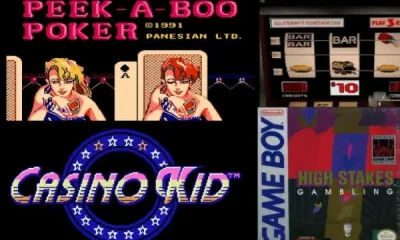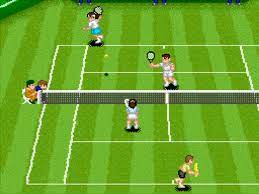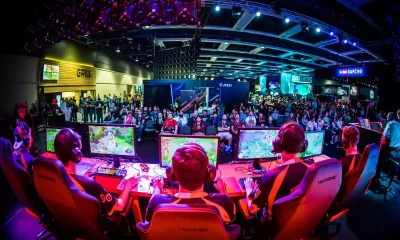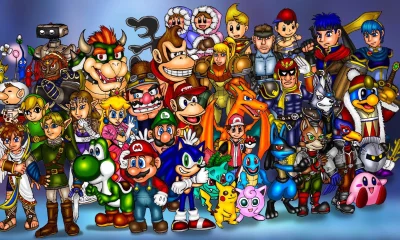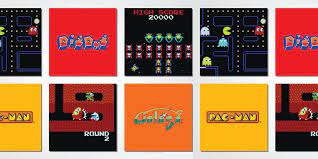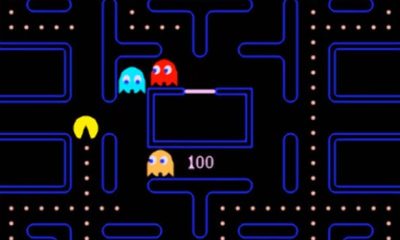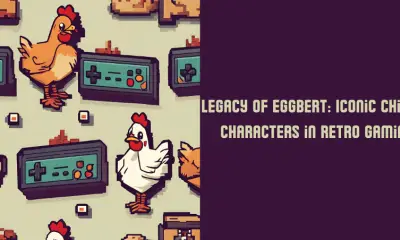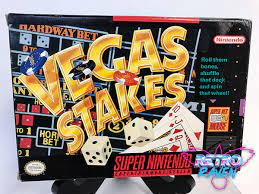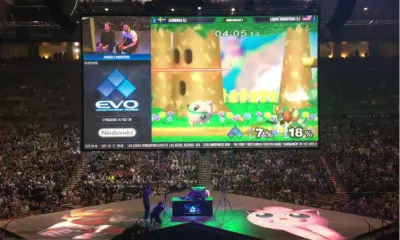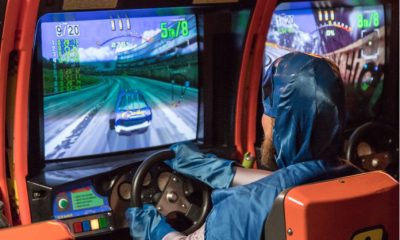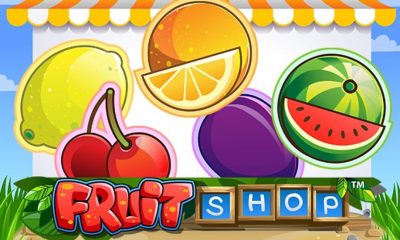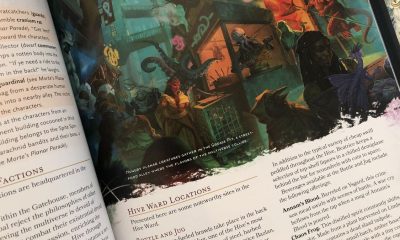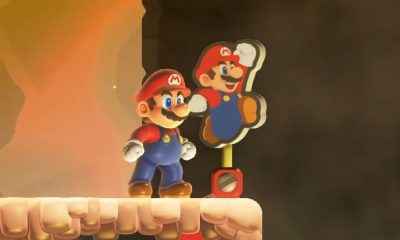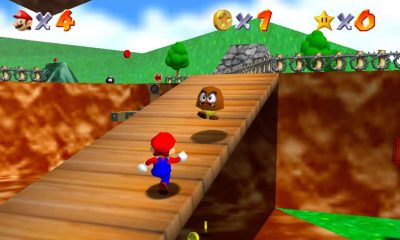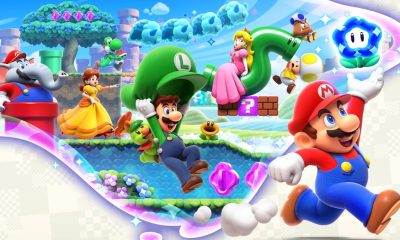Parents complain endlessly about homework, sometimes more than the children themselves. After all, it’s not easy to force a young child to focus on their assignments. Now, if the thought of forcing a second-grade student to do their homework gives you nightmares, perhaps it’s time for something different. Why don’t you try thinking from their perspective? Ask yourself, why does a child not want to do their homework?
They don’t really understand its importance. Try to tell any child why they should do homework, and your words will fall on deaf ears. You can get help from experts with your homework if you’re out of options. But that’s not going to resolve the issue. Instead, you can try out a few fun games to improve the homework experience.
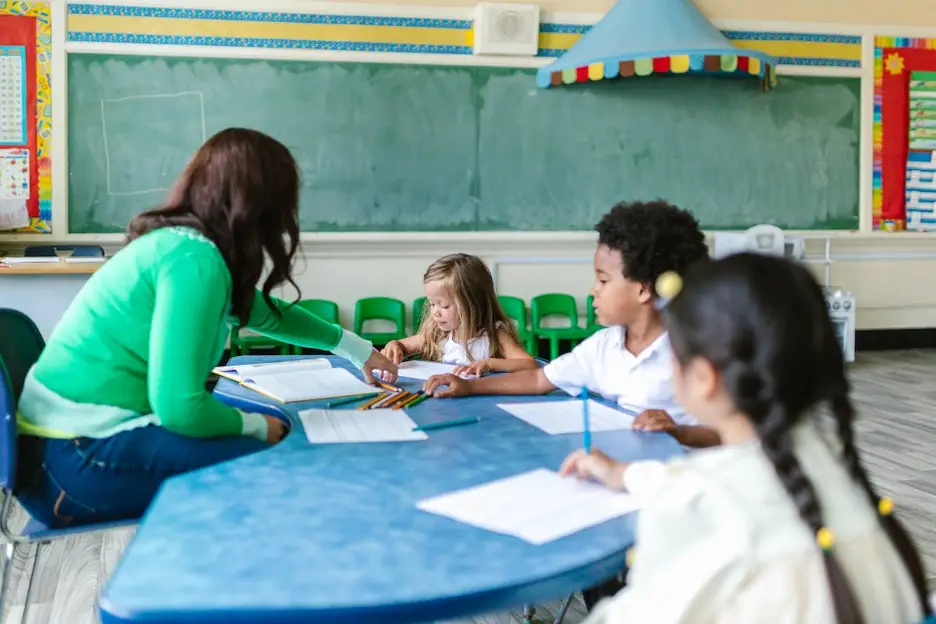
Fun Games to Make Homework More Interesting
Combining games and homework is a good way for adults and children to meet in the middle. They get to have fun, and you can get them to do their homework as well! So, you have to choose the games carefully. They shouldn’t be too easy. Or else the children will lose interest quickly. If it’s too hard, they’ll be demotivated and give up quickly. You need games that are somewhat challenging yet fun and achievable. Let’s check out a few of them below.
- Spelling Jenga
Everyone loves Jenga! Now, you can easily turn this fun game into an educational one for children. Suppose there’s a pending spelling assignment you want your child to complete ASAP. If you don’t want to go down the gaming route, you can find a service here that can take care of the task. But a better option would be to entice them and have them complete their own work.
Write down all the words on pieces of paper and stick them to each block. Then, begin the game. When the child pulls out a block, they must spell the word. If they spell incorrectly, they lose a turn and must put the block back. You can also try this with other types of assignments. For example, if they have to solve a quiz paper, print out the questions on the blocks and have the children answer them correctly for treats.
- Role Reversal
More often than not, children are fascinated by pretending to be adults. Why not play a game where the child can pretend to be the teacher? You can participate in this game too! With a little role reversal, you can pretend to be the student while the child takes a class on the topic they’ve recently covered in class. You’ll immediately notice an increased fascination and enthusiasm in them.
While pretending to be the teacher, the children must emulate what they’ve seen in their classes. This allows them to revise the topic thoroughly. You can be a diligent student and ask questions as well. It’ll encourage them to think so they can answer correctly.
- Homework Bingo
Homework bingo is a modified form of the classic bingo game that everyone knows and loves. You can create a bingo card where every square will contain one homework question. Then, read out the questions from a list in a random order. You can incentivize this activity by promising candies or new stationery for every successful bingo. Want to make this more interesting? Add a time limit for every question. If the child fails to solve the question within the prescribed time, you can move on to the next question and come back to that one again later.
- Spy Family
Spy Family is an excellent game that can help children complete their history homework while also encouraging their imagination and creativity. The game is pretty simple. But it requires at least 2-3 people to play. In fact, the more the merrier. The task is to pretend to be spies and create new secret identities. Every player has to choose one of the historical places the child has to cover in their assignment. Then, they have to create their backstory.
The other players have to ask questions to try and find inconsistencies in the story. Some questions you can ask are –
- What language do you speak?
- What vehicles do you use to move around?
- Which king do you serve?
- Why have you decided to come to this country?
This is a great way for children to cover major historical events, important time periods, and social and political intrigues.
- Racing Against Time
This little game is perfect to boost the competitiveness in children. Discuss with the child about the goals that they have to achieve and the time they would need to complete them. Make sure you assign appropriate time for each task. It might take you five minutes to solve a complex word problem. But a child might take at least 30-40 minutes on one if they’re not familiar with them.
Again, it’s about finding the middle ground. You can’t assign five minutes to the task because it would be impossible for them to finish it within that time. But you can’t spare 30-40 minutes on one question. So, why not settle for 15-20 minutes? If they can complete the task within that time, they can get a treat.
This game should be challenging for many children. That’s why treats are necessary. They can be in the form of food items, more screen time, more playtime, or a weekend trip to the amusement park.
- Freeze Dance
You’ve heard of freeze tag. Now, it’s time for freeze dance! In this game, you can turn on the children’s favorite music and have them dance and jump around. As soon as the music stops, everyone has to freeze. If someone moves slightly or loses their balance, they must answer a question correctly to avoid getting a penalty. When you acquire four penalties, you’re out of the game. This fun game activity gets better when there are more children. So, make sure to call up some friends and get everyone to participate.
- Minecraft
Learning mathematical formulas is one of the greatest challenges that children face daily. It is also why many students hate completing their mathematics homework. The solution lies in Minecraft. A great way to master perimeters, areas, and volumes is to have children create a replica of their house on Minecraft. Mathematical formulas become a piece of cake and certainly more fun to remember when they can channel their inner Bob the Builder energy in the game.
Endnote,
Combining games and homework is an excellent way to remove the dreariness of studies. It’s natural for students to hate homework when they can spend that time playing around. It’s not their fault the traditional method of doing homework is so drab. But once you gamify the task, it becomes easier to entice children into completing their homework on time. Try games like Freeze Dance, Spelling Jenga, and Spy Family. You’ll notice an increased interest from children once they realize homework can be fun as well.

- Retro Mechanics That Power Modern Bonus Games
- How retro gaming shapes modern online platforms
- What Makes Real Money Online Casinos Appealing to Players?
- From Arcade Cabinets to Browser Tabs: How Retro Gaming Went Digital
- From Arcades to Apps: Decades of Gaming Culture
- On-Chain Game Design: What Web3 Actually Adds to Core Gameplay
- The Revival of Retro Games – The Best Setup for the Real Feel
- How Developers Make Money from Free-To-Play Games
- How Retro Level Design Explains Modern Jackpot Lobby Themes and Player Navigation
- What Features Players Look for the Most in Retro Online Casino Games
- The Journey of Arcade Games into Blockchain Slots
- When Classic Design Meets Modern Tech: How Old-School Games Inspire Today’s Live Platforms
- Retro Slot Games: Still a Good Bet?
- The State of Casino Gaming on the Nintendo Switch in 2025
- 5G and Retro Multiplayer: Revamping Classic NES Games for Online Mobile Battles
- Low-Power Tech for Mobile Gaming
- From Retro Casino Games to the Online Experience
- Retro casino games: a complete guide
- How Different Industries Are Using Techniques From Gaming to Attract and Retain Customers
- The Enduring Appeal of Retro-Style Games
- Level Up Your Gaming: How to Maximize Bonuses for Retro and Online Casino Fans (2025 Guide)
- Megaways vs. Retro Slots: Which Are Better?
- Treasure In Your Attic? The Most Sought-After Retro Games
- Reliving the Golden Era of Gaming with PlayRetroGames.com
- Remembering some of the worst retro games ever made
- Top Picks: The Best Retro Games to Play Online
- Rediscover the Magic: Retro Games Unleashed!
- From 8-Bit to High Stakes: The Retro Gaming Roots of CS:GO Case Battles
- The Best Retro Themed NFL Video Games
- 12 of the Most Influential Chinese-Themed Retro Games
- The Role of Sound and Graphics in Online Casino Games
- The Enduring Appeal of Classic Table Games in Online Gaming
- Why Super Puzzle Fighter Was a Precursor to the Age of Casual iGaming
- Top Online Casino Providers: A New Era in Gambling
- The Evolution of Fast Payouts in Gaming: From Retro Classics to Modern Platforms
- A nostalgic revolution among retro gamers: Migrating to the thrills of online casinos
- The Increasing Role of Apps in Online Gaming
- How Retro Games Are Evolving to Match A More Mobile Gaming Industry
- Retro Game Elements in Today’s Online Casino World
- Hidden Levels and Easter Eggs in Retro Games
- The History Of Gambling In Asia
- Retro Video Game Mechanics in Casino Games
- Most Popular AK-47 Skins in CS2 and Their Prices
- The Psychology Behind Online Gambling: Why We Keep Coming Back
- Casual vs. Risky Plays: Balancing Fun with Crash Games and Retro Slots
- From 80s Arcades to Online Casinos: How Retro Video Games Inspired Modern Casino Games
- Why Poker Has Stood the Test of Time
- Tower.bet Loyalty Program: How to Earn Extra Bonuses
- What is the appeal of playing retro games?
- How Live Streaming is Revolutionizing Sports Betting
